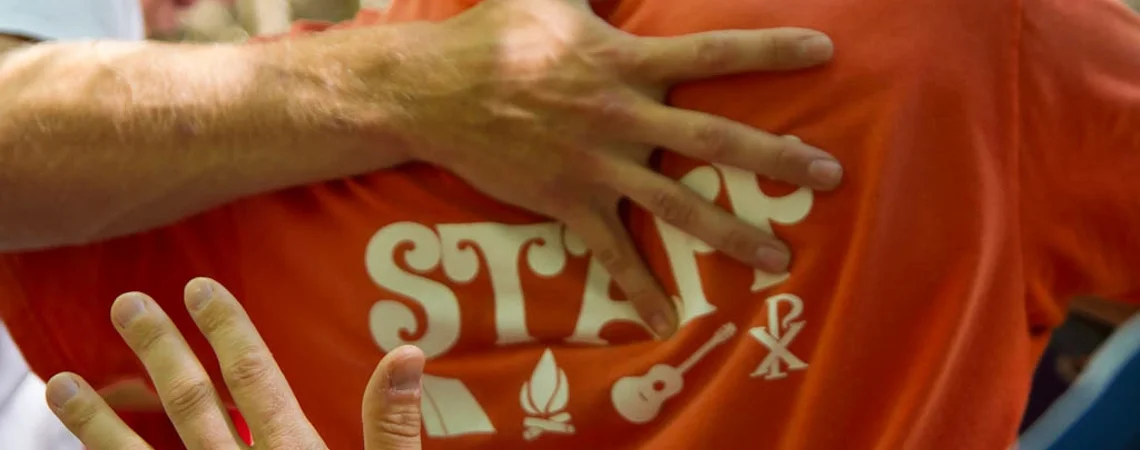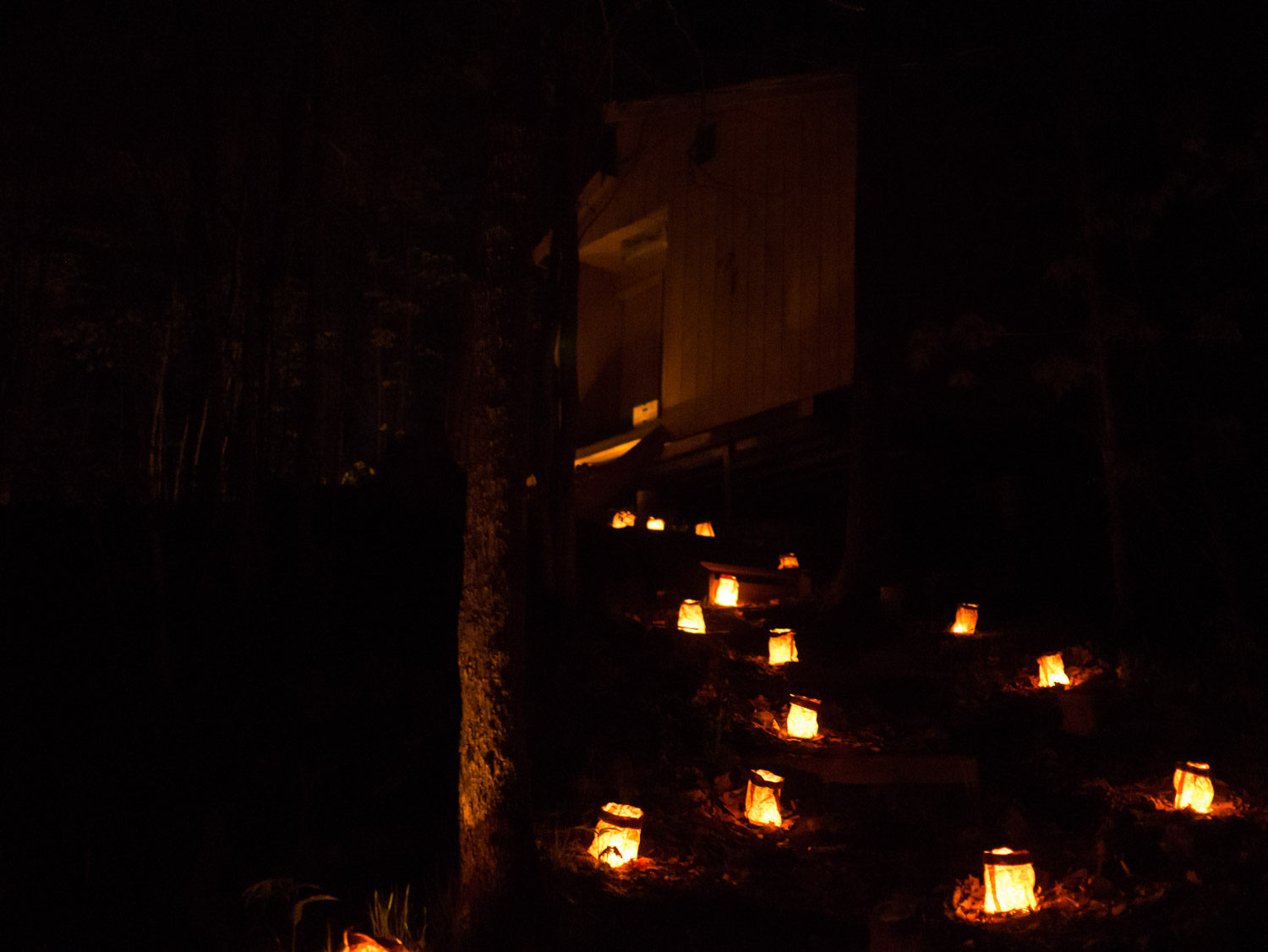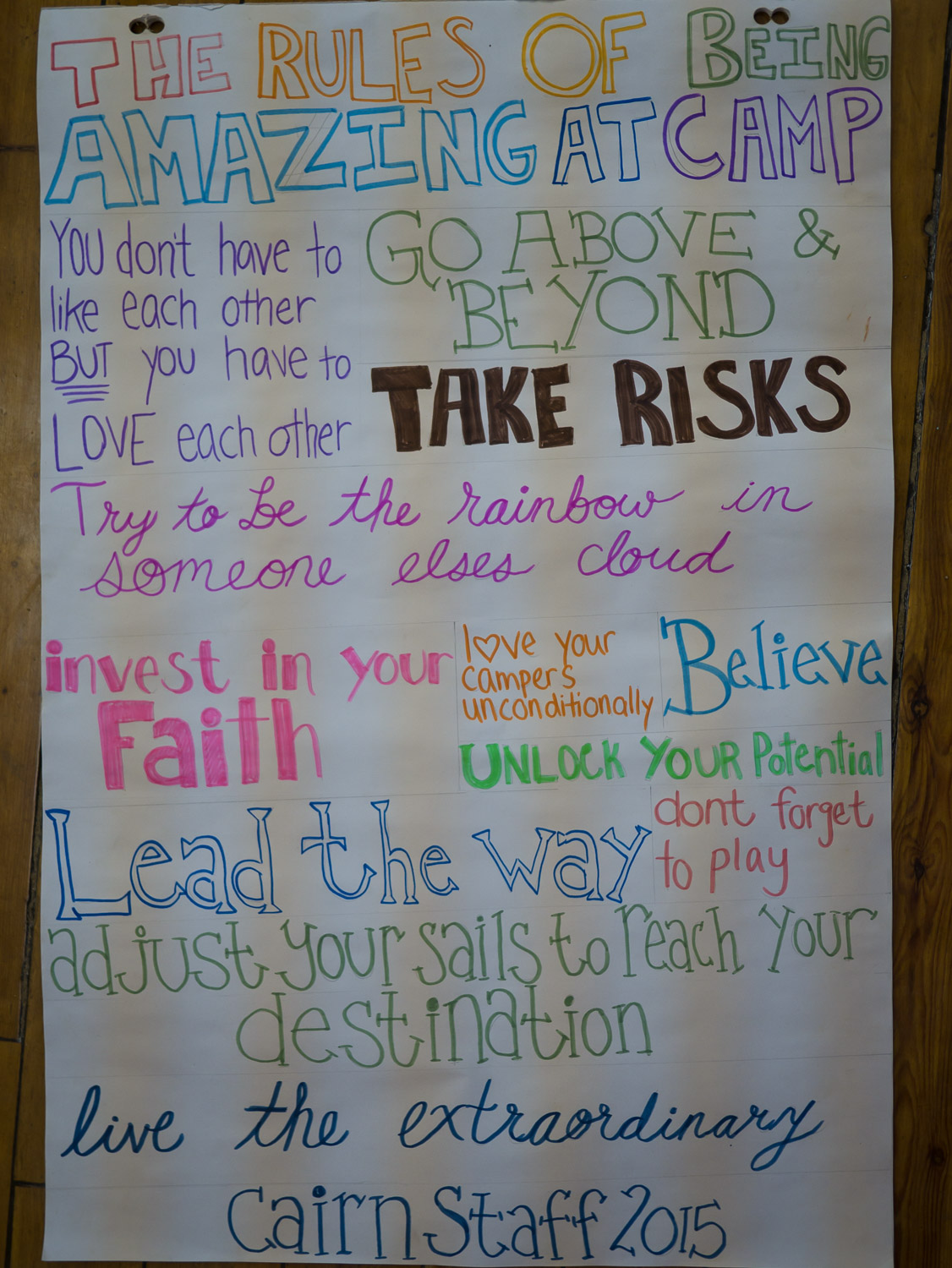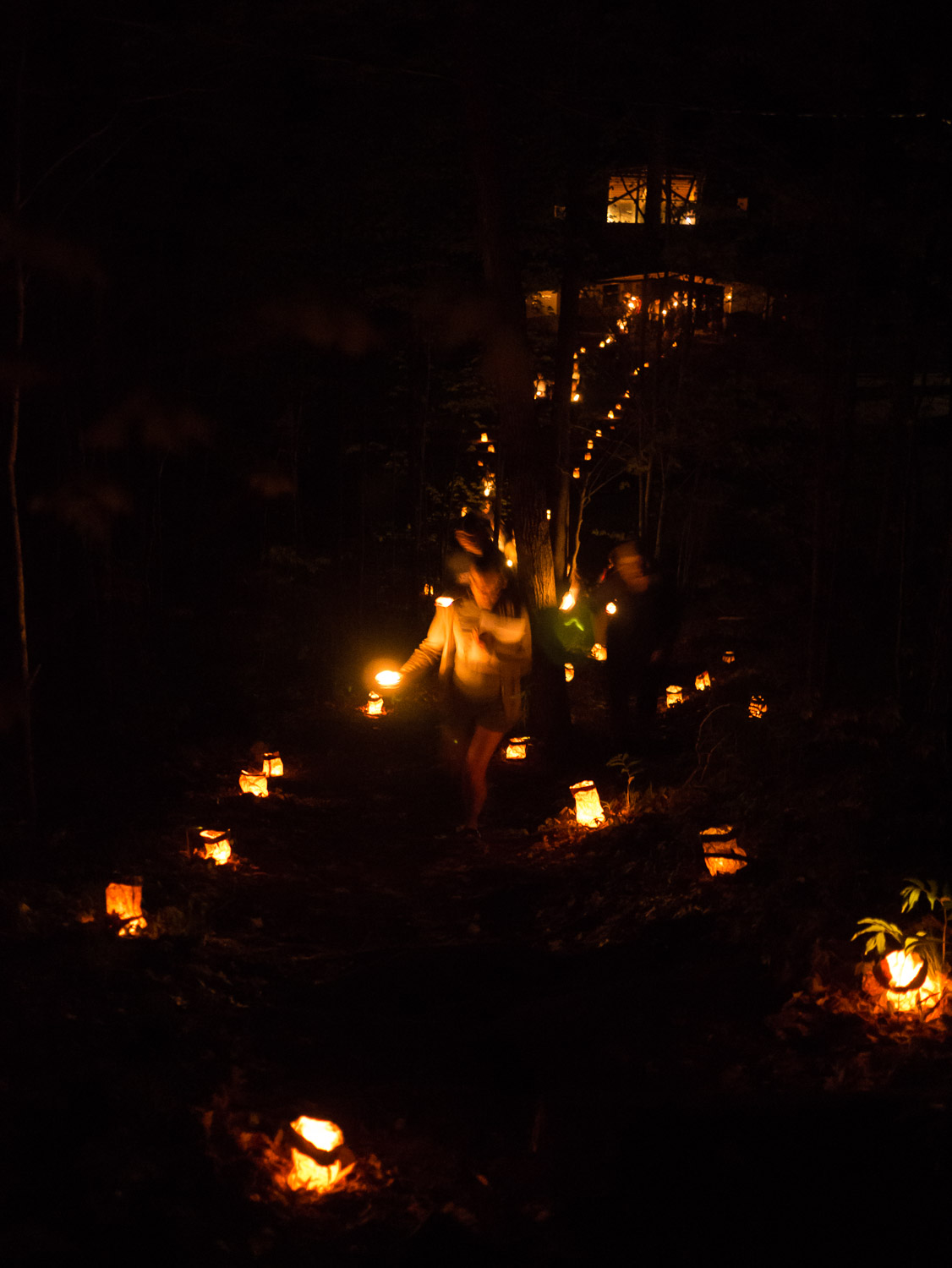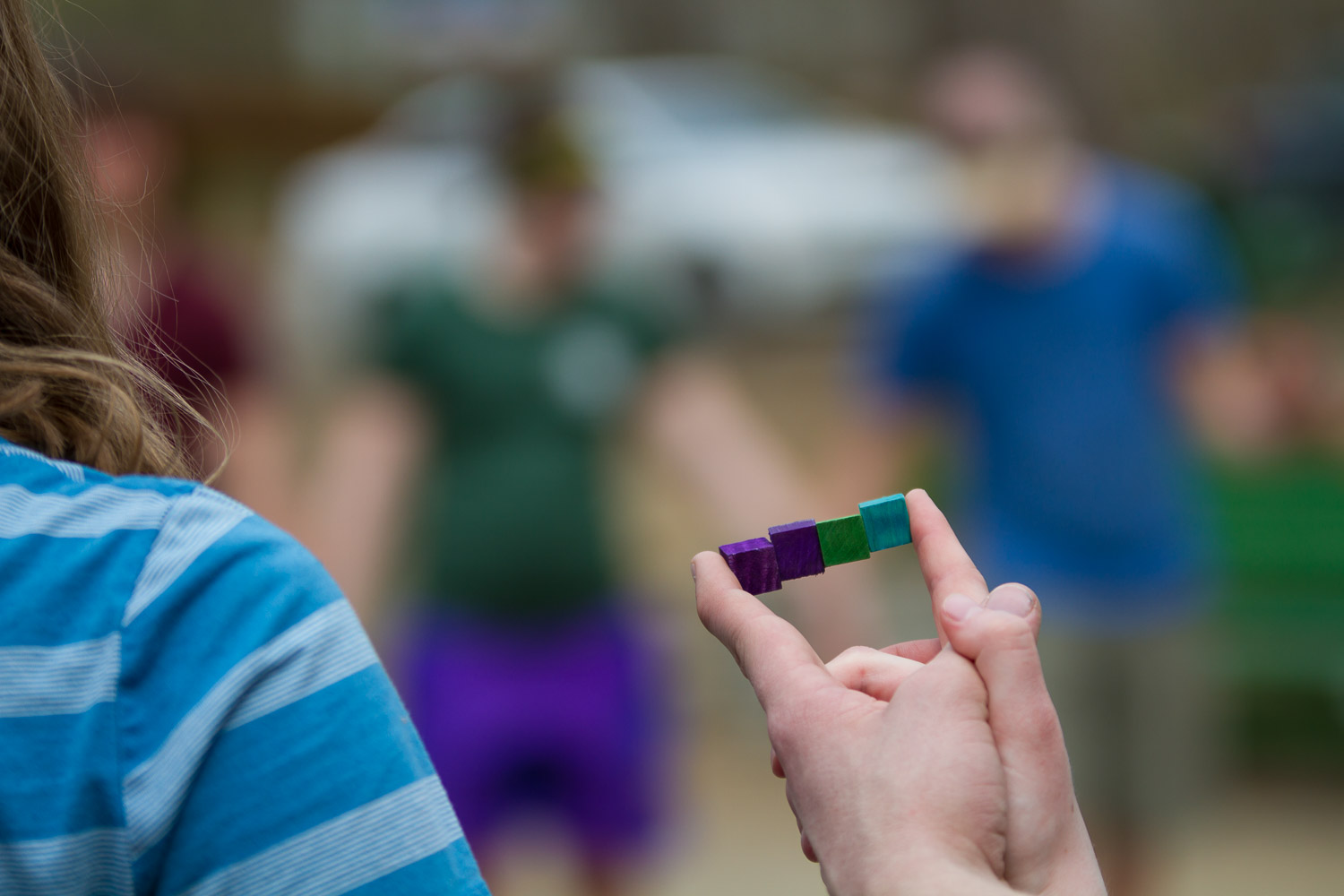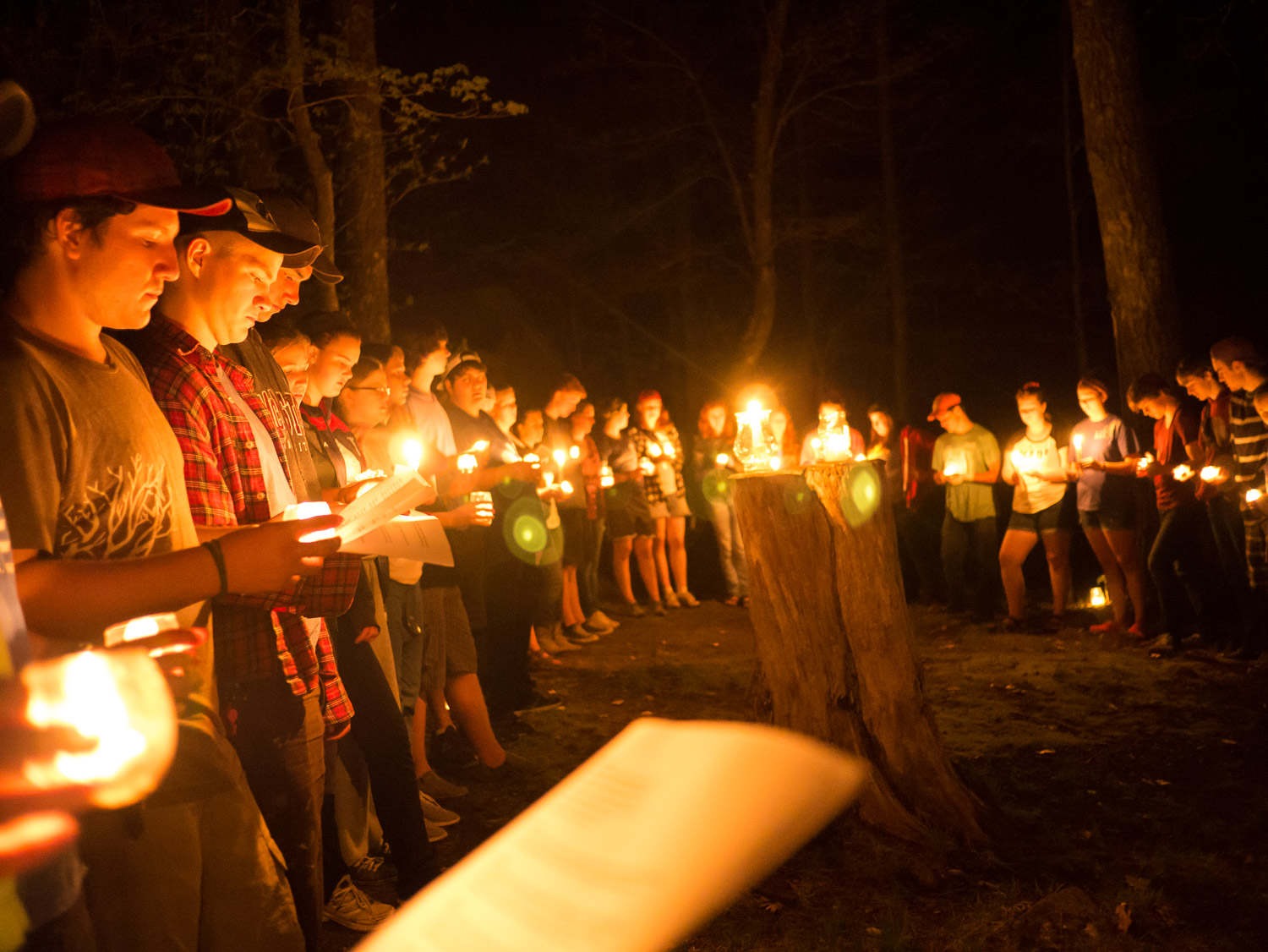Developing a Camp Ambassador Program for Your Summer Camp
[Note from Travis: I talked a lot on our Summer Camp Marketing Wall Calendar about developing a Camp Ambassador program. A couple of camps asked for some more clarification and ideas. Instead of making up some stuff off the top of my head I figured I'd reach out to the woman who's taught me everything about Camp Ambassadors - what Green River Preserve calls Camp Representatives - one of our Camp Code Podcast co-hosts: Ruby Compton! Part II coming next week]
This morning I logged into CampMinder and was delighted to see the pink notification in the upper right hand corner. Tadaah! Another camper application and it is one of those golden ones that all directors are excited to see. It was a new camper application. Naturally, I peeked at the hometown of the child and it was from a market that we hope to grow into further and have had campers from in the past but do not currently have a strong camper population. How did this camper, who seems to be handing me an in to a relatively untapped market, find out about us?
“Lead Source: Camper Parent”
My next thought: “VICTORY. The system is working!” Over the past couple of years, our focus on word of mouth marketing has ramped up and accounts for half of our 180-200 new camper applications we see on average each year. One component of that is our Camp Representative program.
On Closing Days during the summer, parents have the opportunity to sign up to become a Camp Representative. In the fall, camp sends them a Camp Representative Handbook and some promotional materials.
In the Handbook, it sums up the role when it states, “You are the camp advocate in your community.”
In August and September, my co-director calls the folks that have signed up to be Camp Representatives and asks them two questions. First, “do you have people in your network who are interested in learning more about summer camp?” If their answer is no, then she asks if they have any questions about spreading the word about camp and lets them know we are happy to support the Rep as he or she shares about camp.
Offers of phone calls and videoconferences are presented if the Rep does end up with a family who has some questions. However, we always point out, the word of a current camper family is far more powerful than anything our camp directors will ever say. After all, it is my job to sell camp. In contrast, it is a parent’s reputation and friendship on the line if they recommend an experience for another person’s child that does not go well.
If a parent does have prospective families, then my co-director moves to the second question, “We plan to be in your area on these dates. Do you want to schedule an event?” Note that the question is not the open-ended “When do you want to host a party?” After coordinating with dozens of Reps over the past four years, I have learned that schedules are tough and families are busy. Unless you come to the table with some concrete dates, it can be very difficult to settle on a time for your event. Check out this follow up post for a common agenda for what a Home Show looks like.
Why should the parent bother with the trouble of hosting their child’s summer camp for what essentially boils down to a sales pitch? Many parents feel such gratitude for the experience their children have had that they want to help and are not seeking specific financial gain. However, most camps do offer some sort of referral incentive to their Reps. The most common amount I have heard in our area is offering $100 tuition credit per new camper that is referred. My camp offers that credit as a refund at the end of the summer or as a tuition credit towards the next summer to ensure that the referred child actually comes to camp (no Ponzi schemes here!). Another camp in my area offers a 10% discount per new camper referral. Basically, refer ten campers and your child’s tuition is free.
Ways to utilize this group of people who want to help camp
1. Every other fall, my co-director and I call our entire list of current Camp Reps and ask if they want to continue to be Camp Reps. Then we ask some specific questions about the community where they are including events, publications, or other organizations where our camp would be well-served to have a presence. This generally provides some key marketing and demographic information and is worth the time as well as generating a personal connection with the Reps themselves.
2. Send an exclusive periodic email newsletter to your Camp Representatives or have them join a unique Camp Representative Facebook group. At GRP, I send a monthly email newsletter during the off-season. During January-March, the newsletter is sent weekly with updates from travels, suggestions on how to talk about camp, information about which staff are returning, and other pertinent info that helps these families feel like they are getting the inside look into camp.
3. Did you see this post from Sarah Kurtz McKinnon on the Summer Camp Professionals page? It is brilliant.
4. Ask your Camp Representatives to send out invitations for any camp events to their networks, whether the Rep is hosting or not. Any camp event is a great way to inspire discussion about camp. Your Reps can help you generate a buzz about camp even if the prospective families don’t attend the event.
5. My Reps are the network of people I turn to when a prospective parent calls camp to ask for parent references.
6. Get them on video talking about why they chose your camp for their children and why your camp is different. This is amazing content that can be recorded at home and shared with you or more professionally done when they come to pick up or drop off their campers.
7. Encourage them to contact relatives in other cities. Their ability to share camp is not limited by geographic boundaries.
Other best practices for getting the most out of your Camp Representatives
1. Provide them with information on how to talk about camp. It’s their personal experience that will be most impactful but it doesn’t hurt for them to know what your camper to staff ratio is.
2. Join wordofmouth.org’s email list for fantastic tips on getting your customers to talk about what you do. {Travis' add: and their sister email Damn, I Wish I Thought of That)
3. Be patient. Understand that a family starting to look at camps this year may not actually be ready to sign up for camp for another year or two. It may take a couple of years for a Rep to feel comfortable or ready to share about camp. They need to know that you will be there to support them when they are ready.
4. Know your Camp Representatives and their children. One of their benefits of being a Camp Representative is really getting to know some of the camp directors. Be prepared on closing day to tell a story about their child and reach out throughout the year to check up on their lives. In my experience, your commitment to a personal relationship and interest in their family will benefit camp (and, perhaps, you as a professional) in the long run.
5. Encourage your Reps to communicate with their networks via text. Also encourage them to consider the time of day your Reps are communicating with the prospective families. When does a mom start thinking about what she is going to serve for dinner the next night? That's when she needs to get your Rep's text message reminding her friend about coming over for pizza tomorrow night (when the camp director will happen to be there to share about camp too!).

